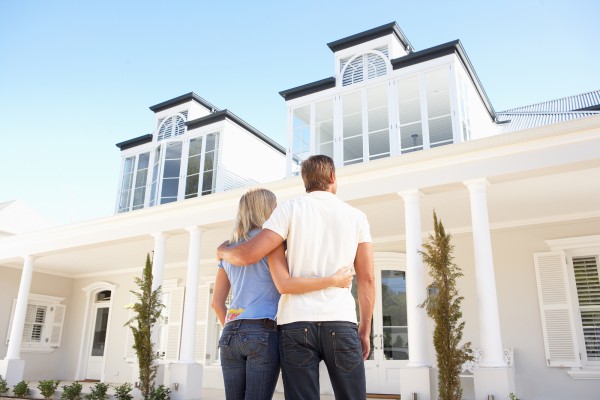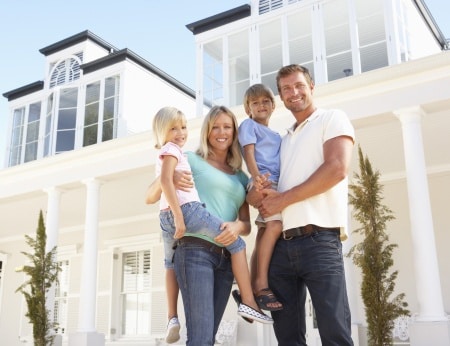As we’ve discussed in the two earlier parts of this series, all home buyers have main factors to consider when choosing new builds. Often, this decision requires home seekers to balance their priorities between these considerations —for example, if a home buyer’s first priority is to live close to their job (location) without breaking their budget (price), they may decide to adjust their expectations when it comes to “quality”—and often, they’re very glad they did!

That’s because “quality” doesn’t necessarily indicate whether or not a house is well-built. Instead, quality refers to the physical characteristics of the house and whether it meets a buyer’s needs. This means that while some home traits will be desirable to most people (who wouldn’t prefer their home be energy-efficient?), each homebuyer’s definition of quality will, to some extent, be personalized.

Amenities. Like general condition, amenities are often easy to update, if you have the money. Again, the money and work you put in here can pay off in the future, because you’re increasing the home’s value. But at the same time, don’t move into a home that doesn’t boast the amenities you need unless you will have the cash on hand to install them upfront.
What this means in practical terms is, as you get to know the real-estate market in your area and learn what is realistic within your budget, you will start to form a better picture of what “quality” means to you. If a certain location is essential to you, you may decide to be more flexible in how you define quality. On the other hand, if certain qualities are non-negotiable—for example, you need a large house to accommodate a large family—you may be more flexible about location. If you are still trying to find a home for you and your family then look at these new homes for sale for great options.
What Does Quality Mean to You?
Before you even begin looking for homes for sale, it’s a good idea to sit down and figure out what characteristics define quality in a home for you. Here are a few factors to start with:
Size. How big a house do you want, and how big do you need? This is a very easy area to see the tradeoffs buyers make, as those who want to live closer to their jobs often end up buying smaller homes. The reasons for this are twofold: first, property values are generally higher when you get closer in to the city, because you’re paying for that ideal location. Second, close-in neighborhoods tend to be older, built when new homes were smaller, which means the available options are generally going to have lower square-footage.
This is also a perfect example of where priorities can differ. While for a majority of buyers, bigger is better, a growing number of people are intentionally choosing smaller homes in order to free up more of their time and income and/or reduce their environmental impact.
If you’re happy with a home overall but might need more space in the future—for example, if you’re planning to have kids—you can also look into whether you can expand by remodeling. Zoning regulations, municipal laws, and homeowners’ association rules may all regulate remodeling options in the neighborhood, so be sure to do your research. Your real estate agent can guide you in the right direction.
When you’re getting into specifics, look at number of rooms and the size of each room as well as the overall size. Maybe you’re fine with only two bedrooms, as long as you have a well-equipped kitchen. Or maybe your main kitchen activity tends to be making sandwiches, but you really need an extra bedroom to use as a study since you work at home. Again, get to know what is right for you.
Condition. How new is the property? If it’s older, has it been renovated, redecorated, or updated recently? Have the previous owners kept it well maintained, or does it have a little wear-and-tear that requires attention? This is another area where individual homebuyer requirements can vary widely. Always invest in building and pest inspection before buying.
There´s a lot of good info to share on their website around what to expect. Some buyers want a move-in ready home in pristine condition, others get excited about all the possibilities that come with a fixer-upper. On the plus side, with a fixer-upper, you’ll often get a better price because the homeowner is more eager to sell and will have fewer interested buyers. And someday when you sell, is allways a good option you’ll often get a good return on your investment—the work you put into it! However, if you go with a house that’s going to need some attention, be sure you have the time, resources, and/or skills to complete the work required.

